Born in China • Studied mathematics and computer science at California Institute of Technology (Caltech) in USA • Master’s in mathematics from University of Cambridge in UK • Lives in USA • Quantum information student, pursuing PhD at the University of California, Berkeley
Throughout my educational journey meandering through pure math, theoretical computer science, physics, and ultimately arriving in quantum information, I’ve seen that all these fields have deep foundations in mathematics, regardless of their outward label.
Early in life, I was drawn to math for its concreteness. To add two numbers together, there was a fixed set of rules, in contrast to other subjects we learn in elementary school, e.g., spelling which (especially in English) has many arbitrary rules and exceptions.
I was lucky to have a previous college math professor as my high school math teacher. He taught advanced math courses not typically covered in the high school curriculum, e.g., real and complex analysis.
With this initial interest, my experiences during high school solidified it and greatly influenced my academic path. I was lucky to have a previous college math professor as my high school math teacher. He taught advanced math courses not typically covered in the high school curriculum, e.g., real and complex analysis. With this, I was able to get a head start on math and got a glimpse of how it is explored in higher education: less through calculations and numbers, but with proofs.
Another pivotal experience was when I attended a program at the Massachusetts Institute of Technology (MIT) during the summer of my junior year in high school. There, I was challenged with advanced courses and projects but, perhaps most importantly, it was where I was first exposed to quantum mechanics. It immediately fascinated me due to its mystery, where even the first axioms are still debated. This is especially in contrast to other high school physics subjects, e.g., kinematics and electromagnetism, which are taught as having already been solved. This first experience with quantum mechanics planted a seed which would grow in college.
I double majored in pure mathematics and computer science, and as a part of the freshman seminars, one professor mentioned the intersection of these fields with quantum physics: quantum computing. I was fascinated.
When I started my undergraduate degree at the California Institute of Technology (Caltech), I kept in mind my previous exposure to quantum physics and kept my eyes peeled for any interesting opportunities. I double majored in pure mathematics and computer science, and as a part of the freshman seminars, one professor mentioned the intersection of these fields with quantum physics: quantum computing. I was fascinated. This subject would allow me to explore my interdisciplinary interests in math, physics, and computer science, and I thought it was a great fit. That summer, I reached out to the professor and started a project with him on how to efficiently check the correctness of a powerful quantum computation using only your laptop. With this experience, I saw how important a strong mathematical foundation is for this type of research, which focuses on rigorously proving the security of such verification protocols.
It was also at this point in my education where I started to notice the gender imbalance in math and quantum science, where I was the only female pure math major in my year in undergrad. This was not at all specific to Caltech but representative of the field as a whole.
During my undergrad, I also worked on designing machine learning algorithms to predict ground states. A ground state is the lowest energy state of a system, where one can think of a ball lying at the bottom of a bowl. A good understanding of ground states can provide us with insights into different properties of quantum systems, so this is an important problem in quantum physics. In this project, I was able to leverage my mathematical background in analysis to provide rigorous theoretical proofs on the performance of my algorithms. It was fascinating to see how math could help pave the way for novel scientific exploration in important physics problems. I received the Barry M. Goldwater Scholarship for my research (awarded to undergraduates in the USA for outstanding research), which increased my confidence to pursue the subject further.
It was also at this point in my education where I started to notice the gender imbalance in math and quantum science, where I was the only female pure math major in my year in undergrad. This was not at all specific to Caltech but representative of the field as a whole. I hope that by continuing to pursue a research career, I can inspire other young women to follow their passions and dive into mathematics with confidence.
After college, I pursued two master’s degrees in the UK through a Marshall Scholarship (awarded to recent college graduates from the USA to perform two years of graduate study in the UK). The first was at Cambridge in mathematics, a course which is well-known for offering an extensive array of advanced math classes. The second is a research degree at the University of Edinburgh in computer science, where I am free to explore a research topic of choice. These past two years have allowed me to hone my research interests and learn new mathematical tools to attain these goals. Soon I will start my Ph.D. at University of California, Berkeley, focusing on quantum information, and I’m excited to see where my pursuit of mathematics leads me next in advancing our scientific understanding of the universe.
Published on May 21, 2025.
Photo credit: Daniel Chen


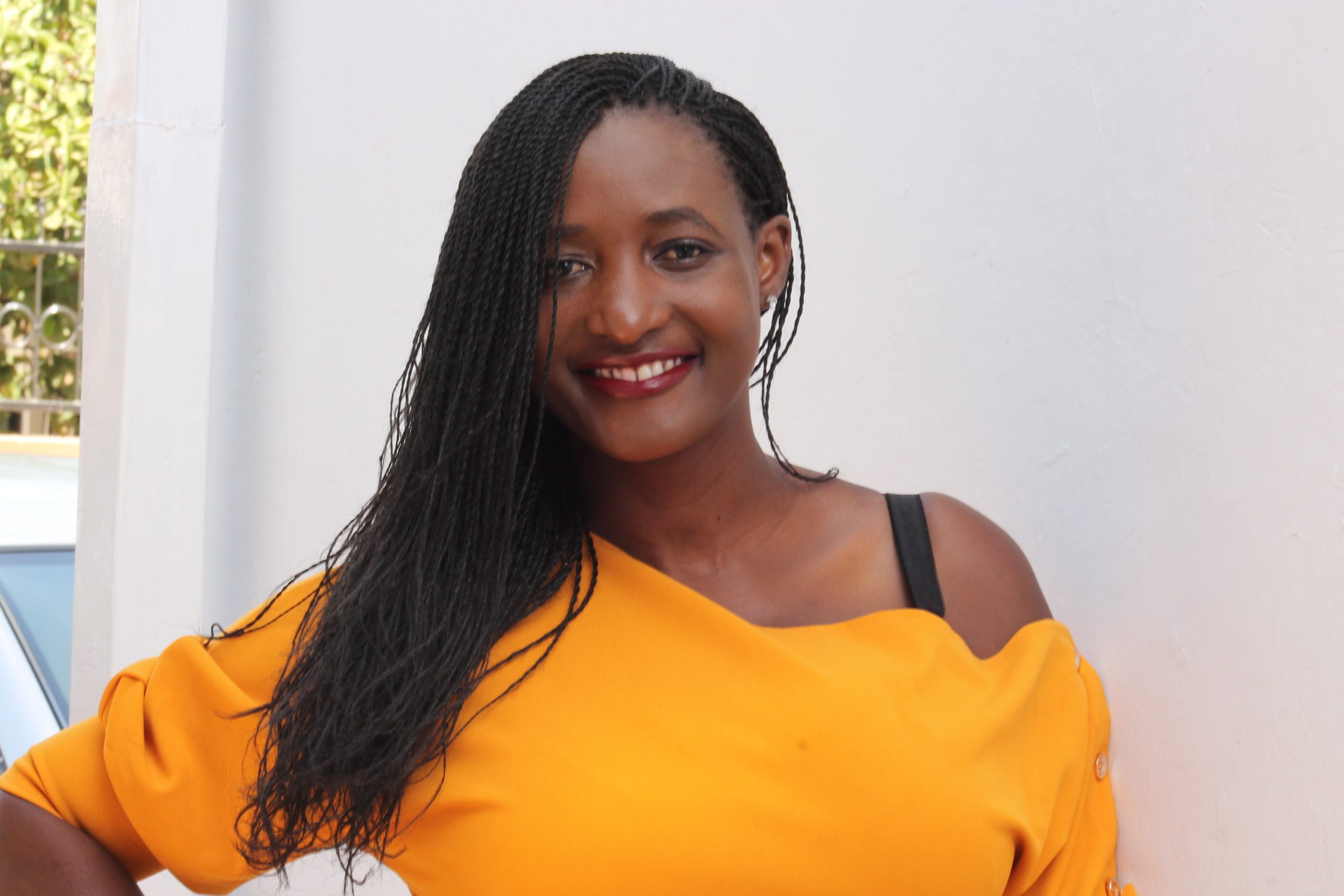


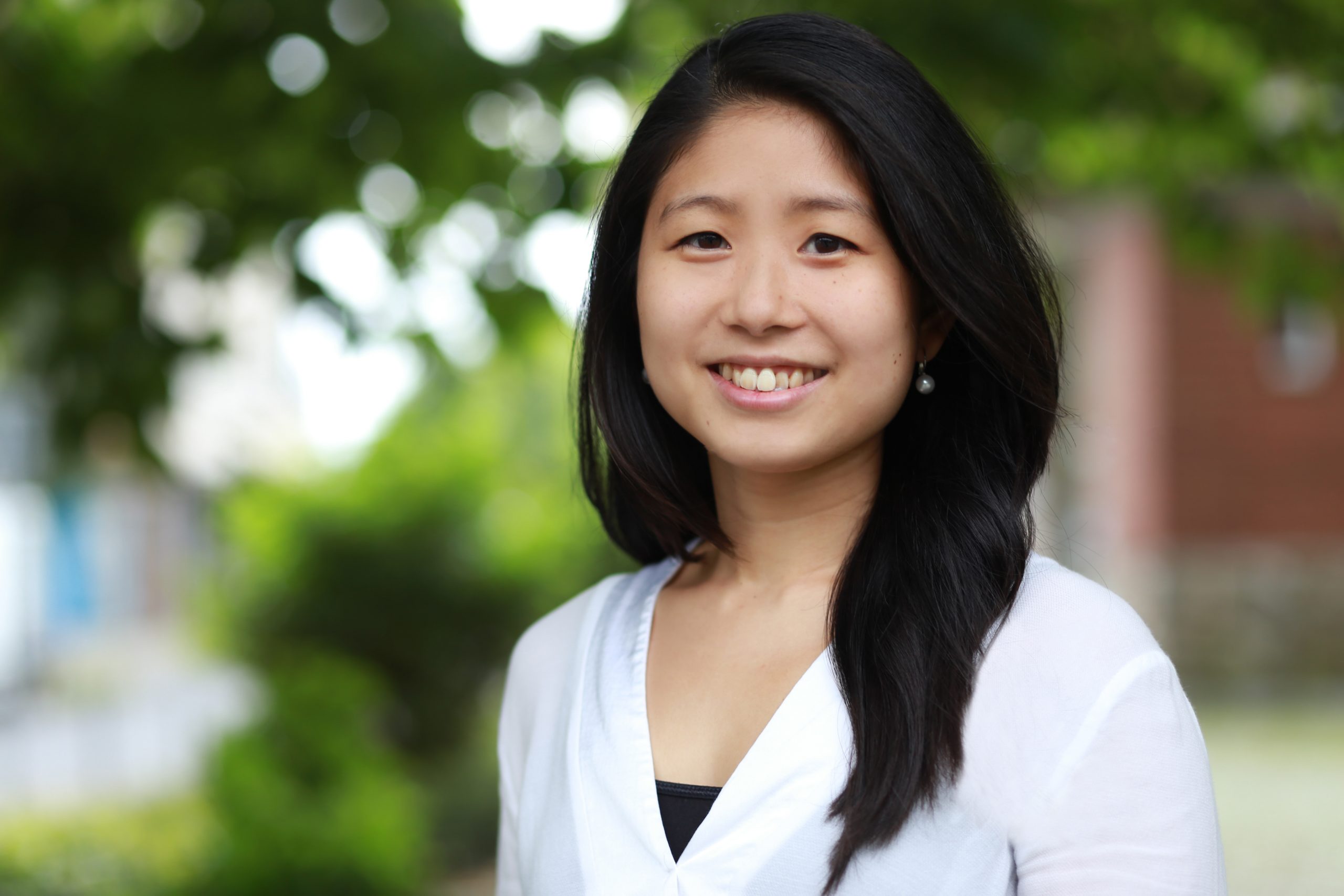
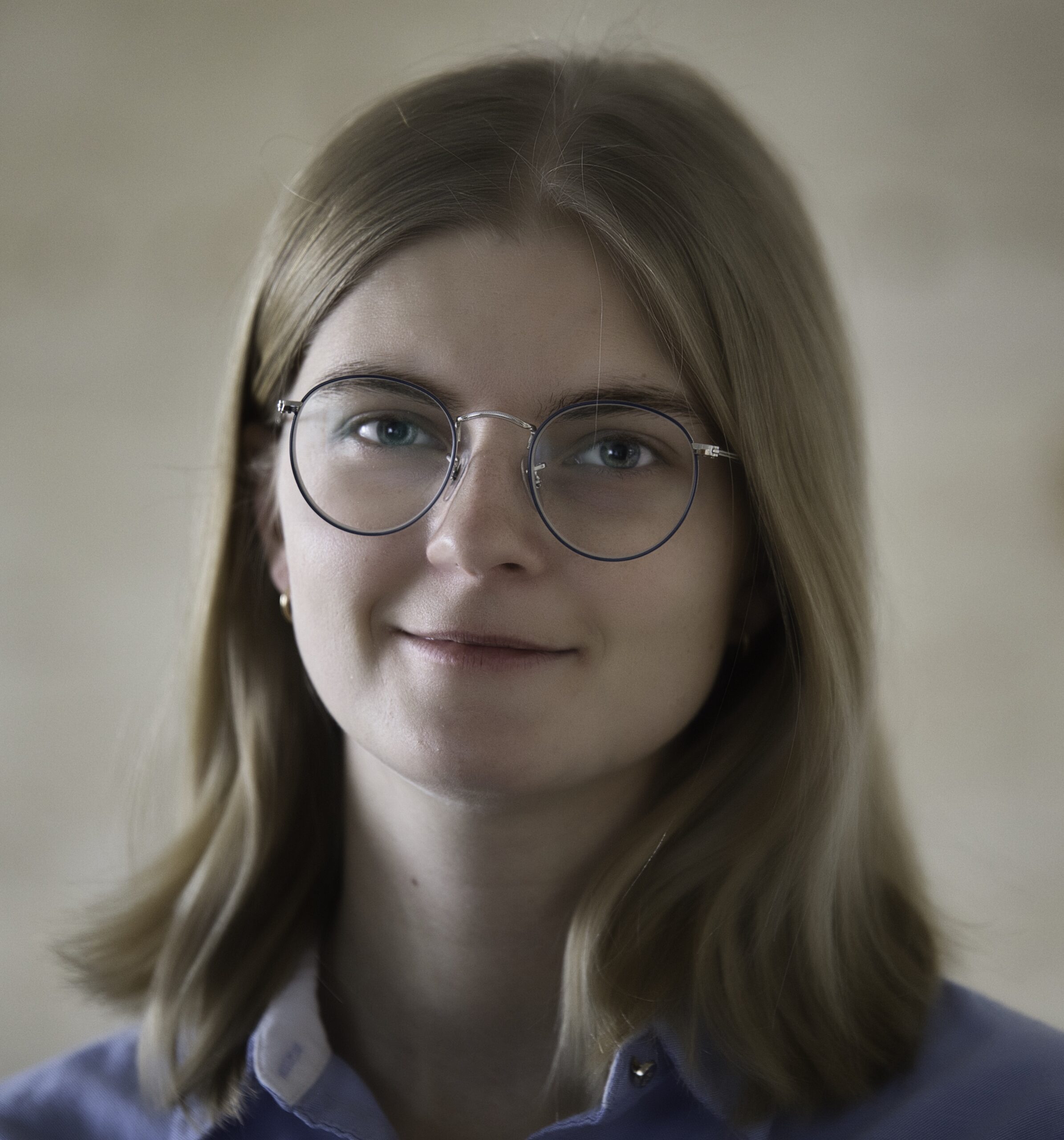
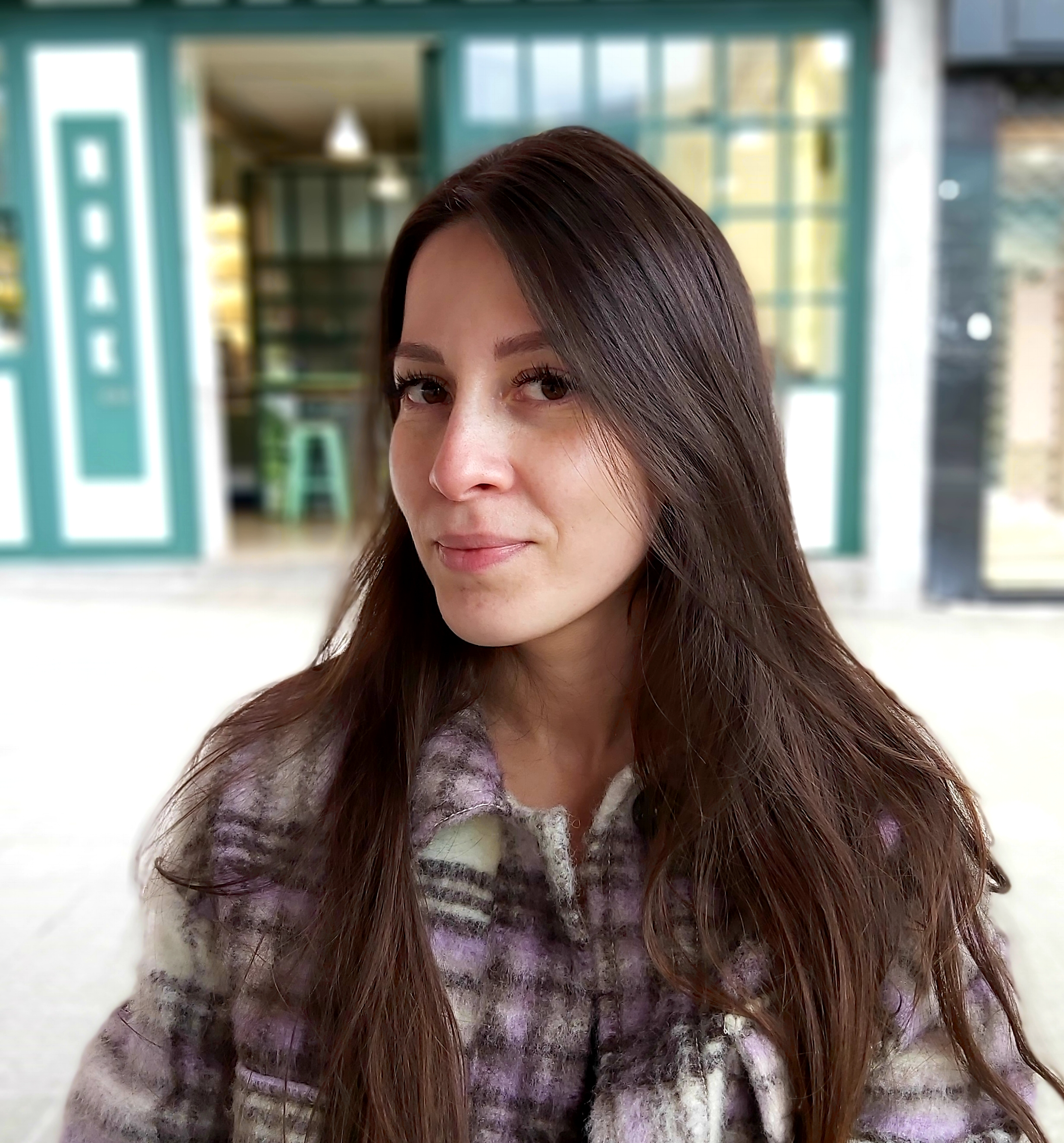
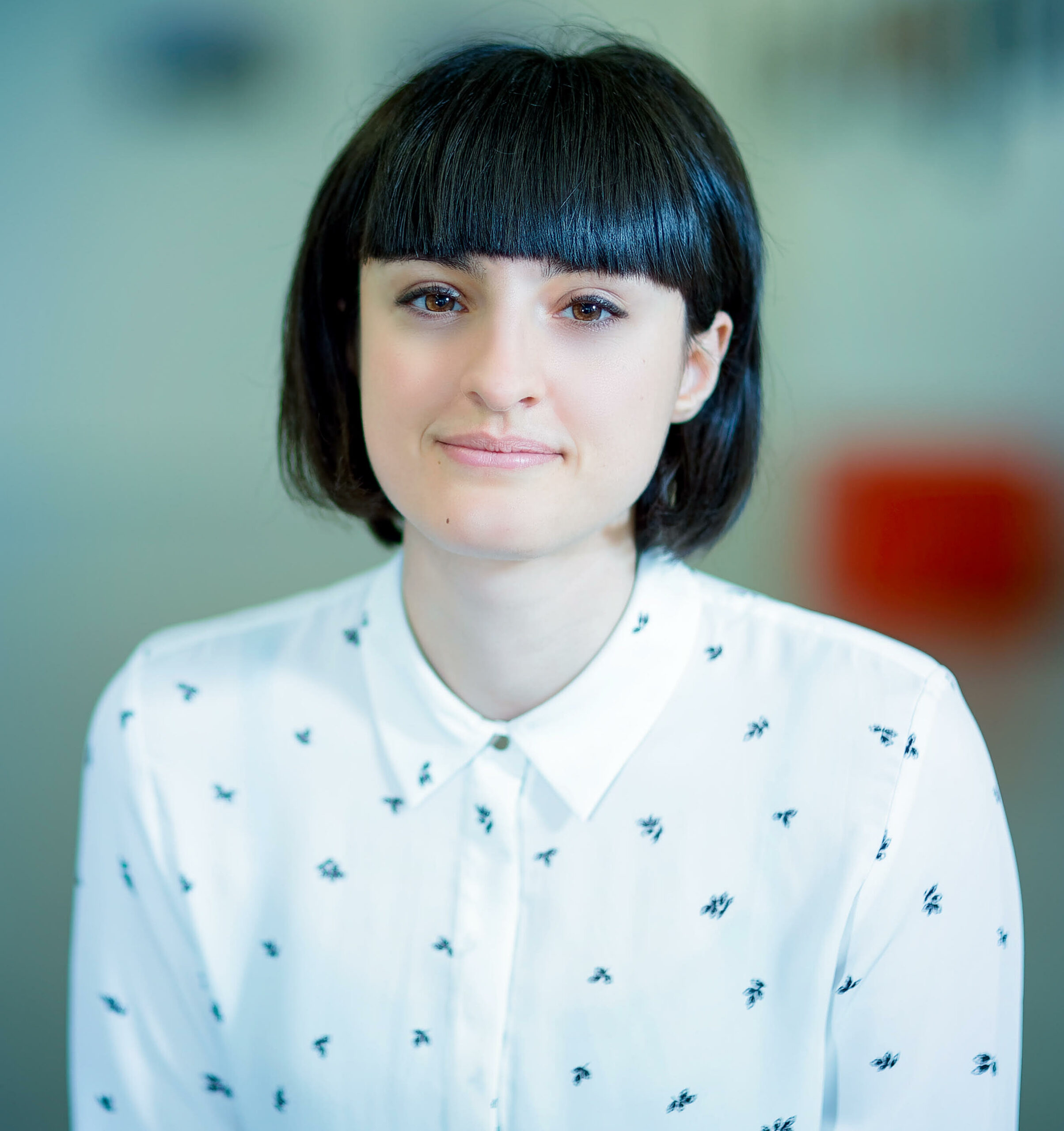
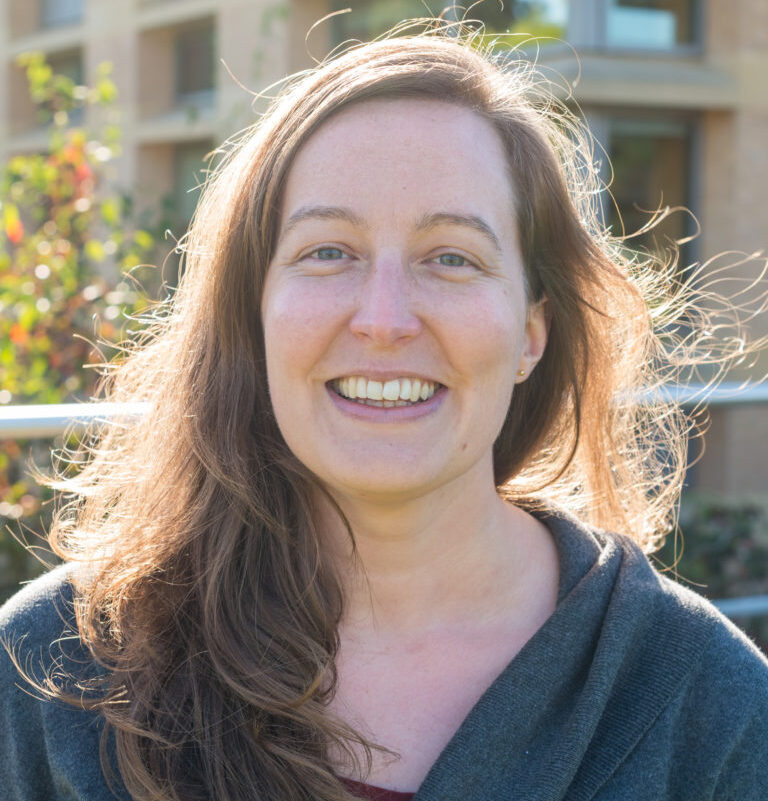
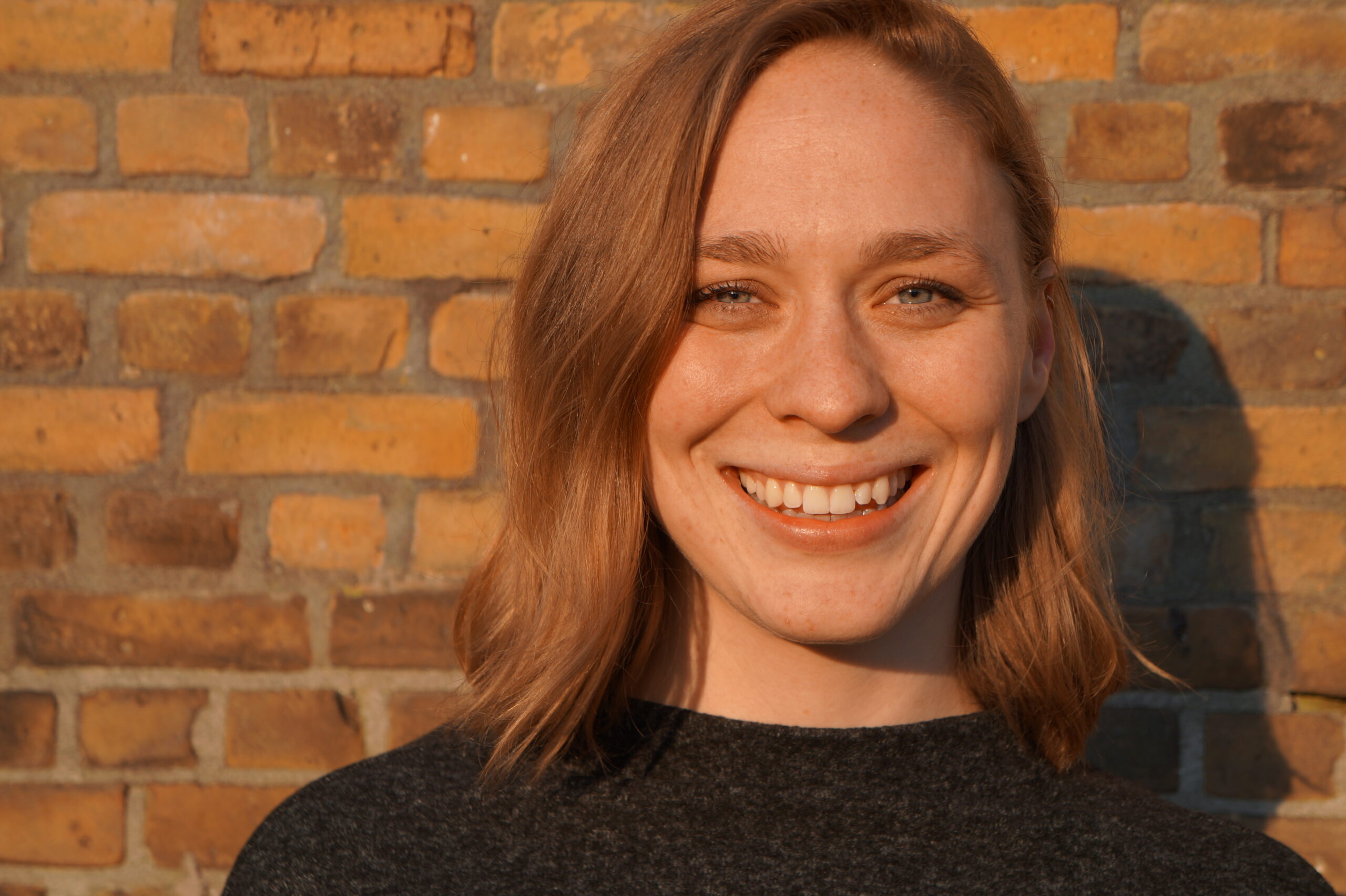
Recent Comments